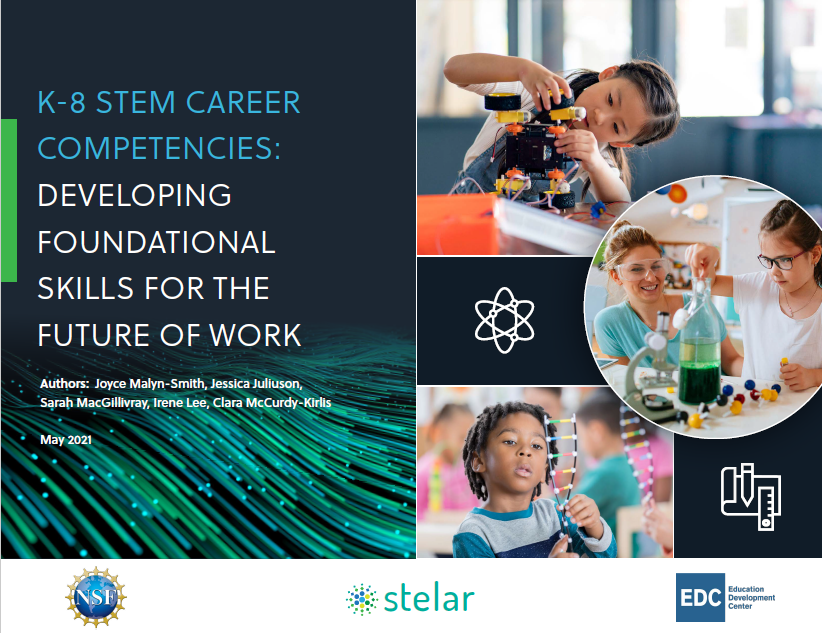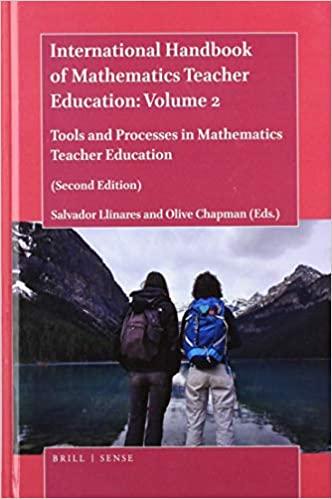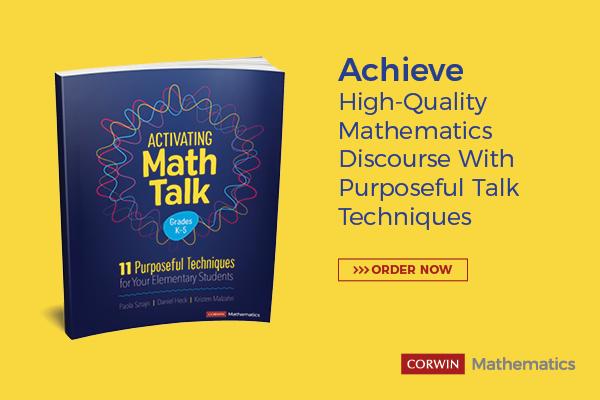Resources included in these libraries were submitted by ITEST projects or STELAR and are relevant to the work of the NSF ITEST Program. PDFs and/or URLs to the original resource are included in the resource description whenever possible. In some cases, full text publications are located behind publishers’ paywalls and a fee or membership to the third party site may be required for access. Permission for use must be requested through the publisher or author listed in each entry.
2021 ITEST Solicitation Webinar: Solicitation Overview
VideoOn June 30, STELAR hosted National Science Foundation Program Officers for an informative webinar on the Innovative Technology Experiences for Students and Teachers (ITEST) Program’s Solicitation (NSF 19-583). During this webinar NSF Program Officers Bob Russell, Alicia Santiago, and Gavin Fulmer
NSF Webinar for Dear Colleague Letter (NSF 21-033): Advancing Quantum Education and Workforce Development - Webinar 2
VideoOn June 29, NSF program directors held the second of a series of webinars to present and answer questions about this DCL. Featured the following NSF Programs: Alliances for Graduate Education and the Professoriate (AGEP)Discovery Research PreK-12 (DRK-12)EHR Core Research (ECR)Historically Black
STELAR Webinar: K-8 STEM Career Competencies: Developing Foundational Skills for the Future of Work
VideoOn June 28, STELAR hosted authors Jessica Juliuson, Joyce Malyn-Smith, Sarah MacGillvray, and Clara McCurdy-Kirlis as they presented an overview of the competencies for their publication K-8 STEM Career Competencies: Developing Foundational Skills for the Future of Work. View slides to the webinar
K–8 STEM Career Competencies: Developing Foundational Skills for the Future of Work
Publication
This framework identifies 10 foundational career competency areas correlated to characteristics of future work at the Human Technology Frontier and what thought leaders in the field believe successful workers in those environments need to know and be able to do. It is meant as a guide for teachers interested in helping their students develop the foundations of skills, knowledge, and abilities needed to be successful in life when they exit formal schooling. Many of the suggested competencies may already be included in the curriculum or pedagogy in K-8 classrooms. In those cases, this guide may
Launching a Discourse-Rich Mathematics Lesson
PublicationThis article shares a mathematics discourse technique adapted from literacy instruction and designed to prepare students' engagement in a mathematics task by model mathematical thinking. The Math Think Aloud is used during the launch of a lesson to provide access to the mathematics and help students make sense of the task so they are able to work on the task and share their mathematical thinking. Successes, challenges, and tips for effective implementation are shared.
Supporting Sense Making with Mathematical Bet Lines
PublicationThis article presents a mathematics discourse technique adapted from literacy instruction to promote sense making when teachers are launching a lesson about story problems. Math Bet Lines helps all students engage with the meaning of the story problem and is particularly beneficial for emergent multilingual learners. In this article we discuss how teachers implemented the Math Bet Lines technique and share their successes, challenges, and tips for overcoming those challenges.
Talk is the Ticket to Teaching Math to English Learners
PublicationThis article describes a mathematics professional development program for elementary school teachers focused on improving mathematics discourse for all students, in particular emergent multilingual learners. Frameworks, such as the Math Discourse Matrix (Sztajn, Heck, & Malzahn, 2020) that characterizes four types of discourse (correcting, eliciting, probing, responsive) and other resources aimed at planning and implementing lessons that support emergent multilingual learners' engagement in productive mathematical discussions are shared.
Decomposing Practice in Teacher Professional Development: Examining sequences of learning activities
PublicationIn this paper, we engage in an analysis of professional development design, examining professional development activities and the sequencing of professional learning tasks. We use a theoretical framework typically used in pre-service teacher education to understand the design of one professional development program. Our overarching goal is to theorize about how to design professional development and sequence professional learning tasks for practicing teachers. Specifically, this study uses the concepts of decompositions of practice (Grossman et al., 2009), and levels of decomposition (Boerst
Controlled Implementations: Teaching Practice to Practicing Mathematics Teachers
Publication
In this chapter, we use the Framework for Teaching Practice (Grossman, Compton, Igra, Ronfeldt, Shahan, & Williamson, 2009) as a conceptual tool for analyzing the design of professional development. Although initially developed to examine the education of prospective teachers, we contend that this framework is appropriate for analyzing and supporting the design of professional development. The framework consists of three elements: decompositions, representations, and approximations of practice. We use these three elements to examine the literature on professional development and discuss how
Activating Math Talk: 11 Purposeful Techniques for Your Elementary Students
Publication
Many mathematics teachers agree that engaging students in high-quality discourse is important for their conceptual learning, but successfully promoting such discourse in elementary classrooms—with attention to the needs of every learner—can be a challenge. Activating Math Talk tackles this challenge by bringing practical, math-specific, productive discourse techniques that are applicable to any lesson or curriculum. Framed around 11 student-centered discourse techniques, this research-based book connects purposeful instructional techniques to specific lesson goals and includes a focus on